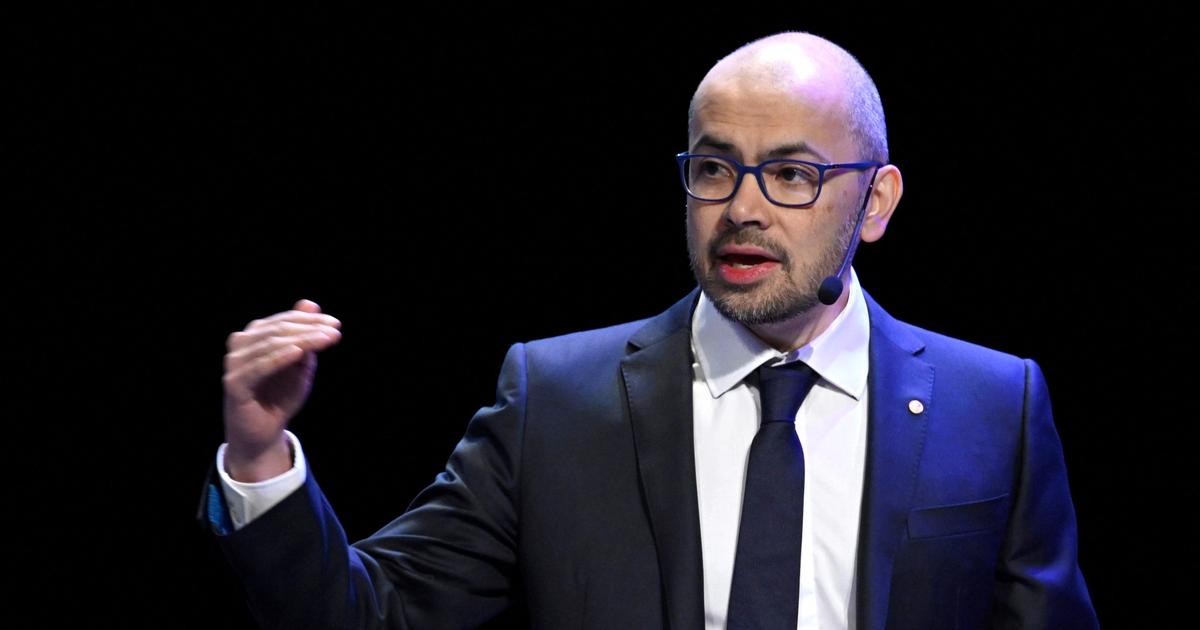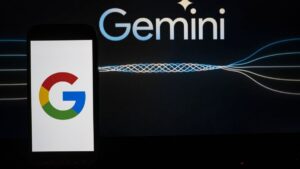DeepMind CEO Discusses the Company’s AI Innovations

DeepMind’s Vision: The Future of Artificial Intelligence
The Leadership of Demis Hassabis
Demis Hassabis stands out as a significant figure in the world of artificial intelligence (AI). Last year, he received a Nobel Prize for his groundbreaking contributions to the field. Balancing his role as a scientist with that of a driven entrepreneur, Hassabis thrives in the competitive landscape of technology and innovation.
The Rise of Generative AI
The emergence of ChatGPT in 2022 marked a pivotal moment for the AI industry. This unexpected success shifted the focus toward generative AI technologies, compelling big players like Google to reassess their strategies. Previously, Google’s AI initiatives were fragmented across various divisions, resembling academic research efforts. Under Hassabis’s leadership, these initiatives have been consolidated, streamlining the company’s approach.
Aiming for Artificial General Intelligence
Hassabis has set ambitious goals for AI development, specifically striving to create what’s known as Artificial General Intelligence (AGI). This type of AI would have the ability to reason and understand the world much like a human does. Unlike some of his peers who seek quick results, Hassabis recognizes that the path to AGI is complex and will take years of research and development, allowing his team the flexibility to make informed long-term decisions.
The Gemini AI Model: A Multimodal Approach
In response to the competitive landscape, Hassabis’ team undertook the challenging task of building Gemini, an AI model designed to be “natively multimodal.” Unlike traditional models that focus solely on text, Gemini is intended to process various data types, which Hassabis views as essential for creating a more comprehensive understanding of the world. He emphasizes this by stating, “We always felt [multimodal] was a key part of the model understanding the world. Because ultimately we want a world model, not just a language model.”
Enhancing AI Memory Capabilities
A key focus for DeepMind is improving how AI models remember information, akin to human working memory. The company has significantly expanded the “context window” for its AI, reaching an impressive capacity of 1 million tokens, which are fragments of text. Hassabis compares this enhancement to human memory, stating, “That’s the sort of equivalent to working memory for us, just a ginormous one.” He believes that developing a kind of episodic memory will be necessary to enhance the AI’s task performance further.
Future Benefits of Contextual Understanding
DeepMind’s commitment to expanding context windows and improving memory in AI systems may yield significant benefits as computational power increases and costs decrease. This approach could enable AI to engage with longer and more sophisticated tasks, enhancing its overall functionality.
The High Cost of Advanced AI
Despite advancements, the costs associated with cutting-edge AI technology remain daunting. OpenAI’s latest model, labeled o3, showcases remarkable capabilities by tackling a series of puzzles designed to challenge even human intellect. However, the financial implications are staggering; answering just 400 of these puzzles can cost over $1 million using the top version of o3. This stark reality highlights the investment required for breakthroughs in AI technology and the resources necessary for continued innovation.
Summary
Hassabis’ leadership at DeepMind represents a significant shift in the AI landscape, focusing on long-term goals and innovative models. By emphasizing multimodal AI and enhanced memory capabilities, DeepMind is positioning itself at the forefront of the race toward Artificial General Intelligence while navigating the complexities of this rapidly evolving field.






